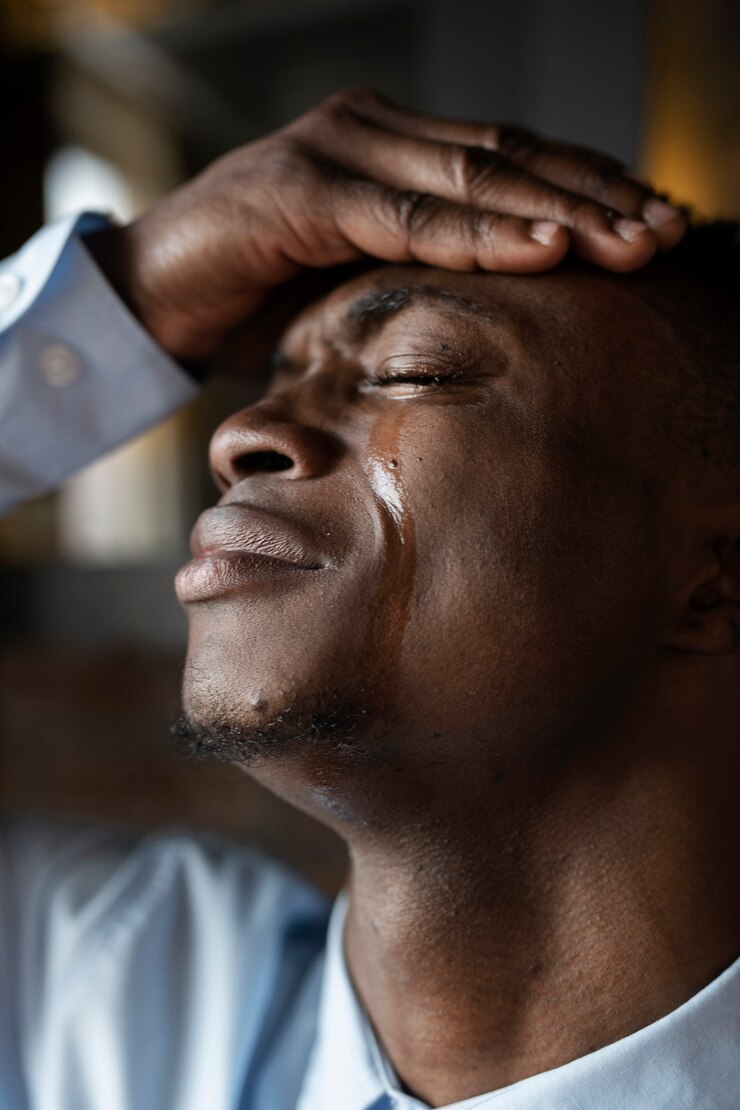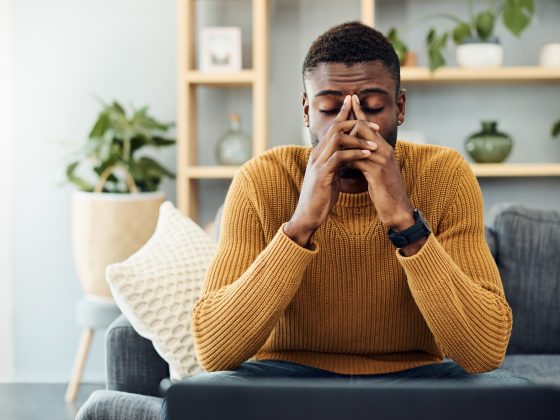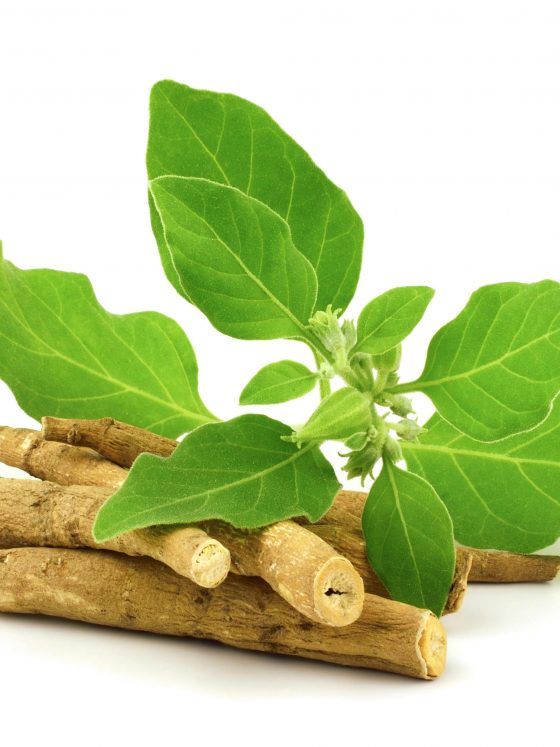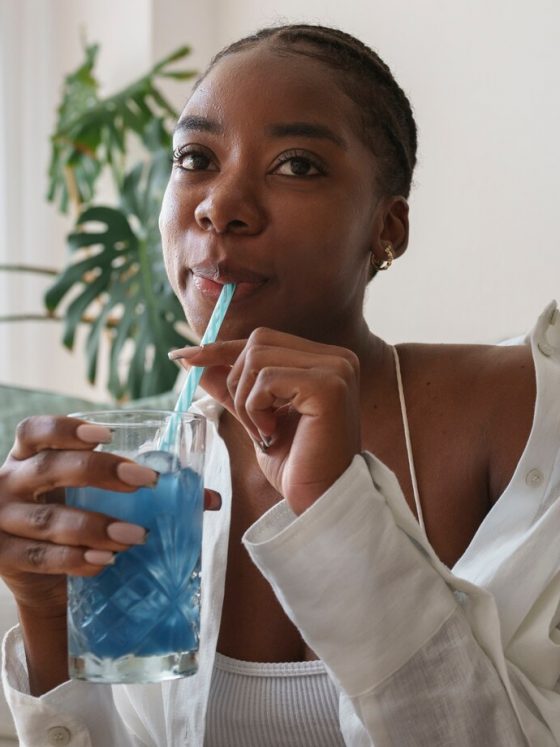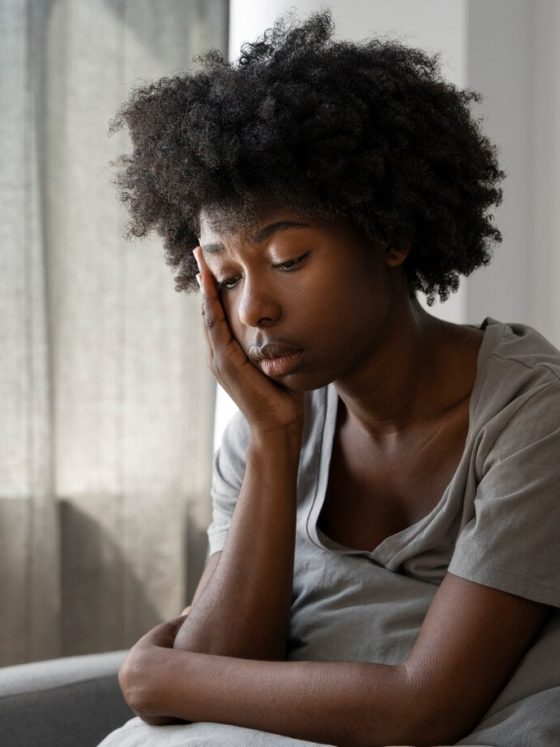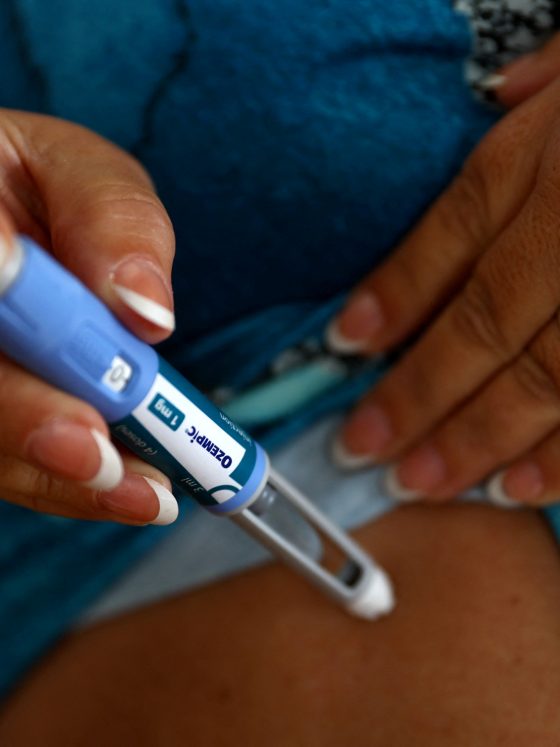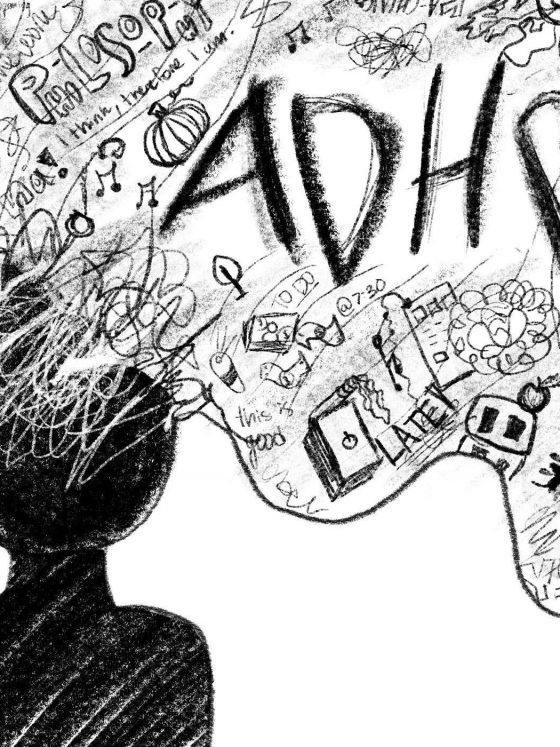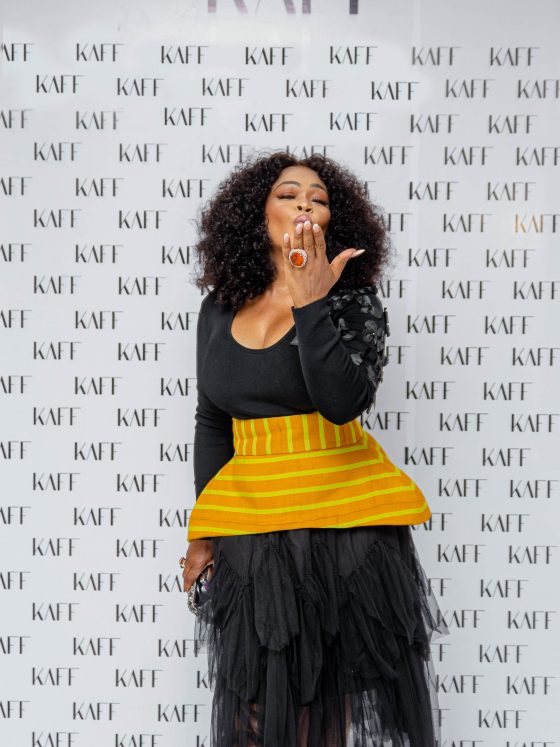Historically, the mental health of men has been a narrative filled with stoic silences and tough exteriors.
In many societies, and particularly within the Nigerian context, men are often moulded by the ideals of toxic masculinity. Phrases like “Pull yourself together,” “Toughen up,” and “Boys don’t cry” are not just throwaway lines; they are the harsh syllables of a societal expectation that equates emotional restraint with masculinity. These words, intended to steel boys against the world, instead isolate them behind an impenetrable façade of supposed toughness.
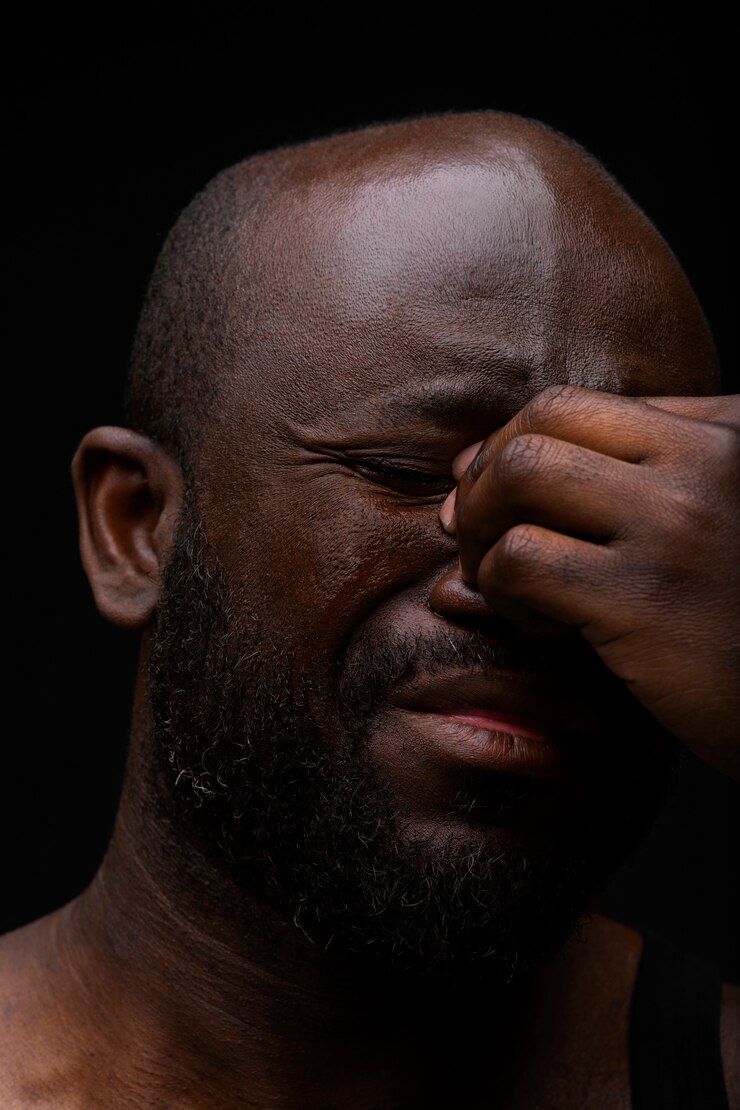
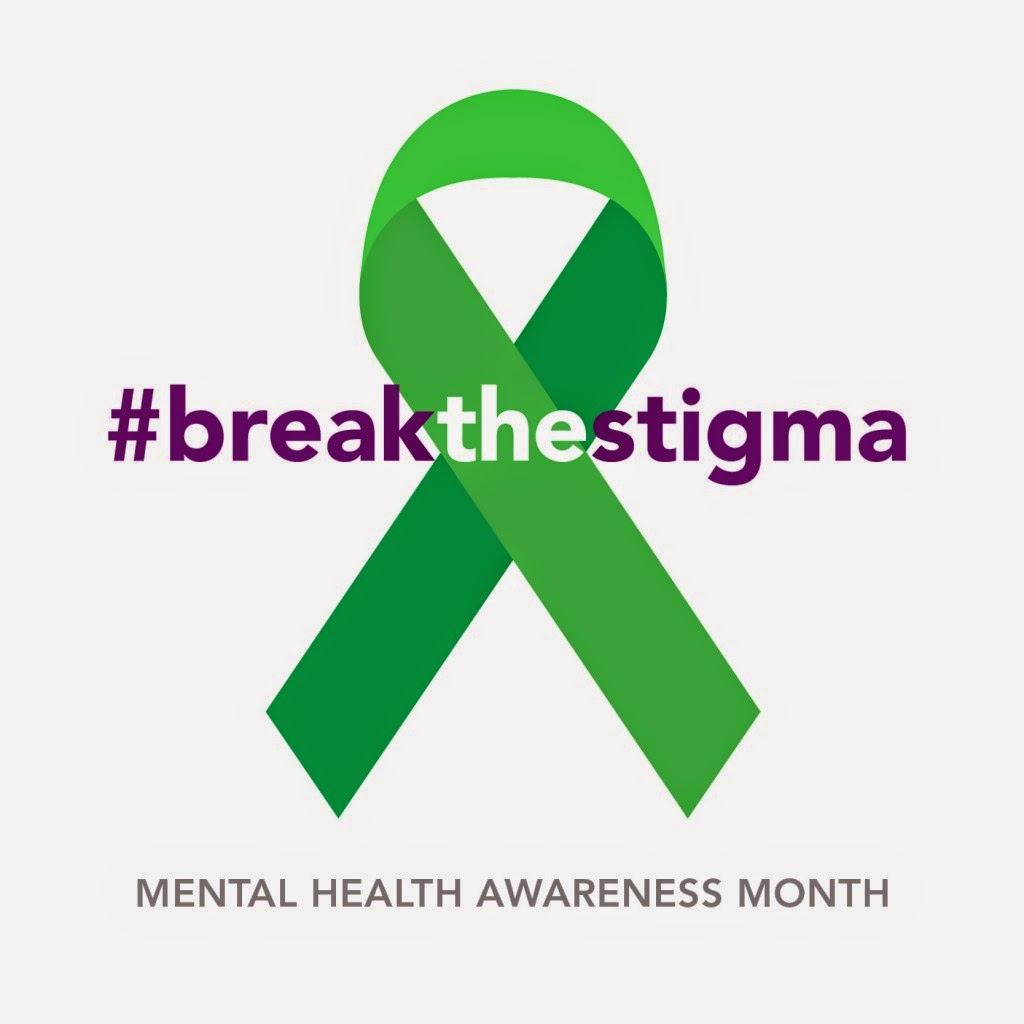
The ramifications of such socialisation are profound. By discouraging emotional expression and vulnerability, society has inadvertently contributed to the escalating crisis of male mental health. This is evident in the disturbingly high rates of male suicide, which globally are significantly higher compared to females.
In Nigeria, these issues are compounded by economic stresses and societal pressures, which are often navigated alone, thanks to the cultural edicts of masculinity. The persistence of these issues highlights the dire need for a shift in how we address men’s mental health.
Mental health struggles do not discriminate; they affect individuals across every age, gender, and socio-economic status. However, the tools and language we equip our men with to handle these struggles are fundamentally flawed if they centre only on toughness and emotional suppression.
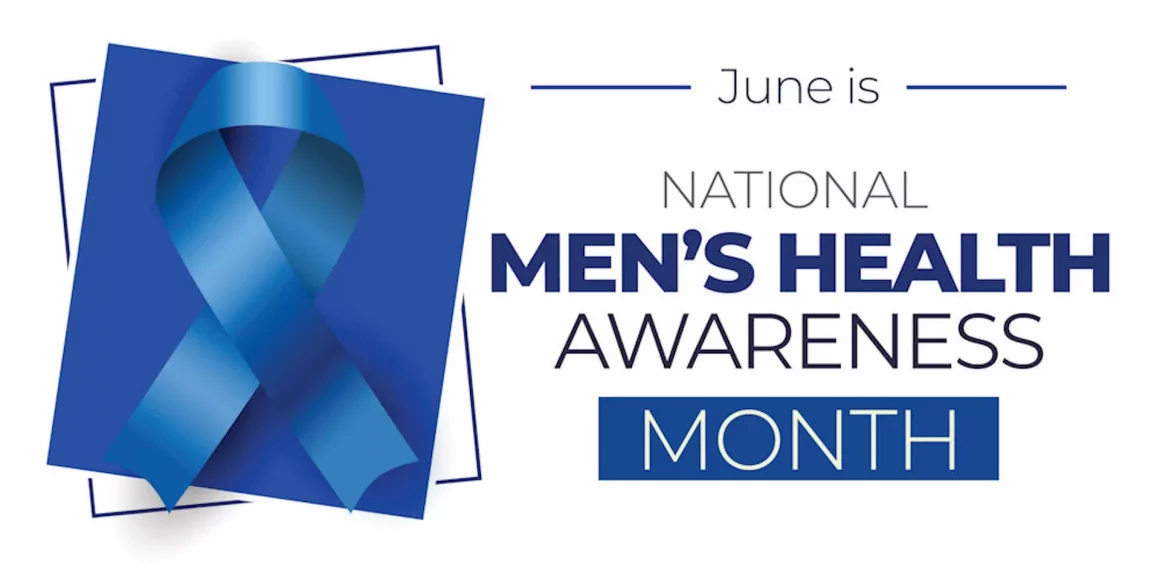
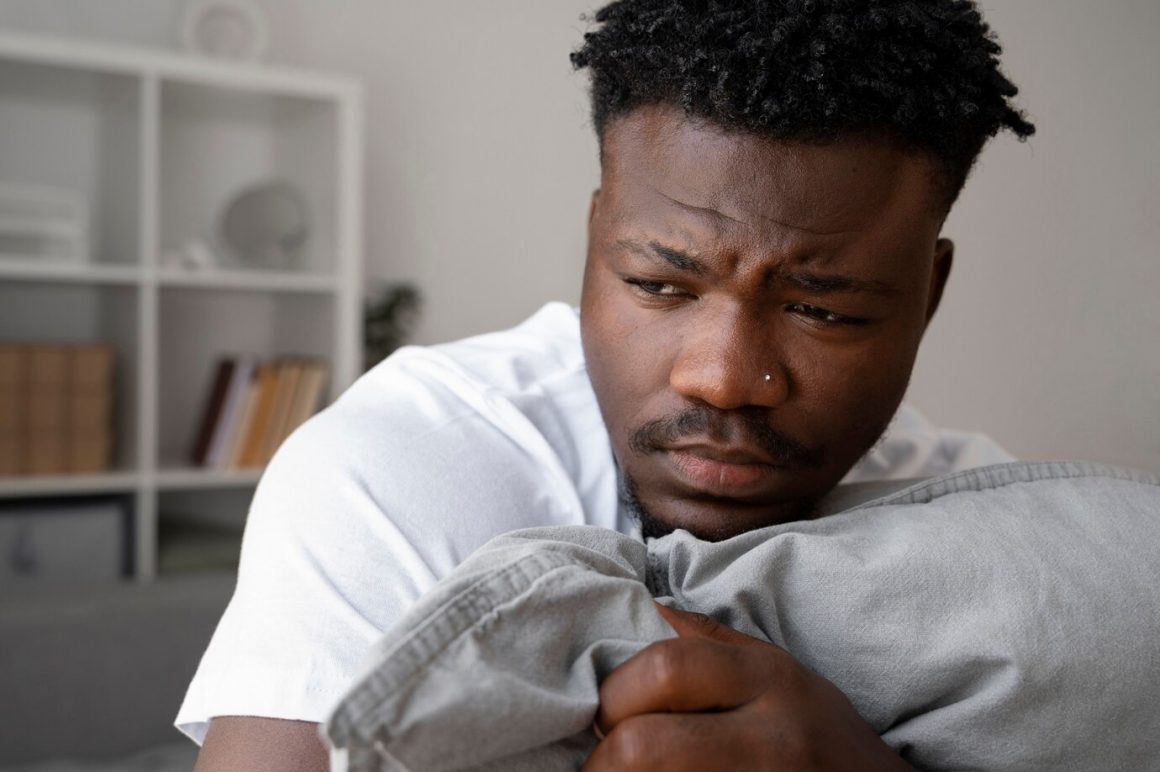
June, as Men’s Health Awareness Month, provides a unique opportunity to change this narrative. It is a time to promote a healthier, more sustainable model of masculinity—one that includes the ability to seek help and express vulnerability without shame.
For Nigerian men, the journey towards this realisation is particularly challenging. The societal constructs around masculinity can be rigid, often leaving little room for personal deviation. The irony, however, is that true strength lies not in suppressing emotions but in their acknowledgement and management. Breaking the cycle of toxic masculinity involves embracing vulnerability as a part of the human condition, not a weakness.
Efforts to reshape the narrative on men’s mental health are gaining momentum, with increasing support from various organisations that advocate for mental health awareness and encourage men to talk about their feelings. These include international bodies and local initiatives offering confidential helplines, counselling services, and community support groups specifically tailored for men.
So, as June unfolds, let it be a reminder that the strongest men are not those who suffer in silence but those who dare to seek help when they need it. And remember, it’s not just about getting men to open up; it’s about ensuring that when they do, we are ready to listen and support them without judgment. After all, the mark of a truly strong man is not found in his silence but in his voice—and in his willingness to use it, even if it trembles.

